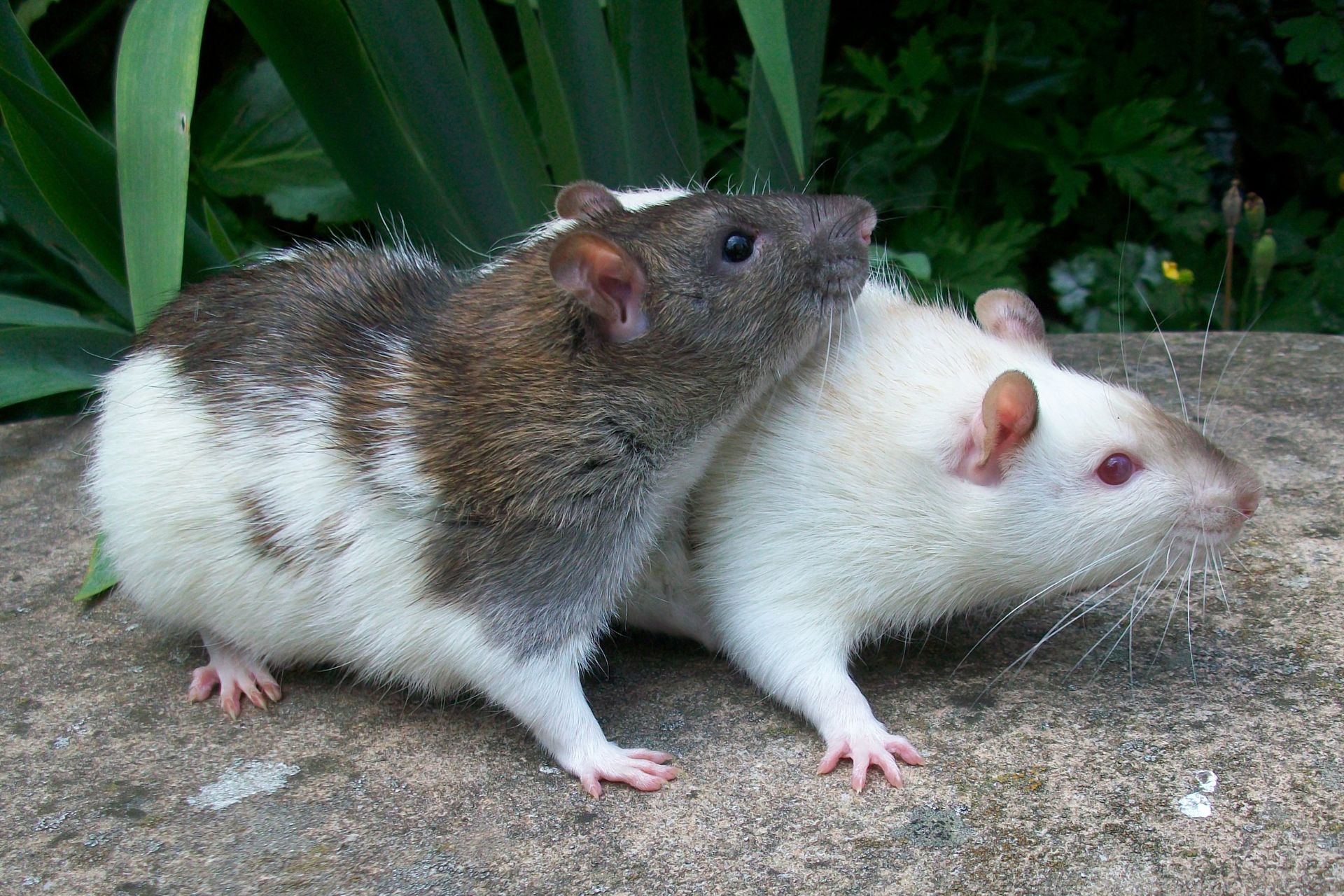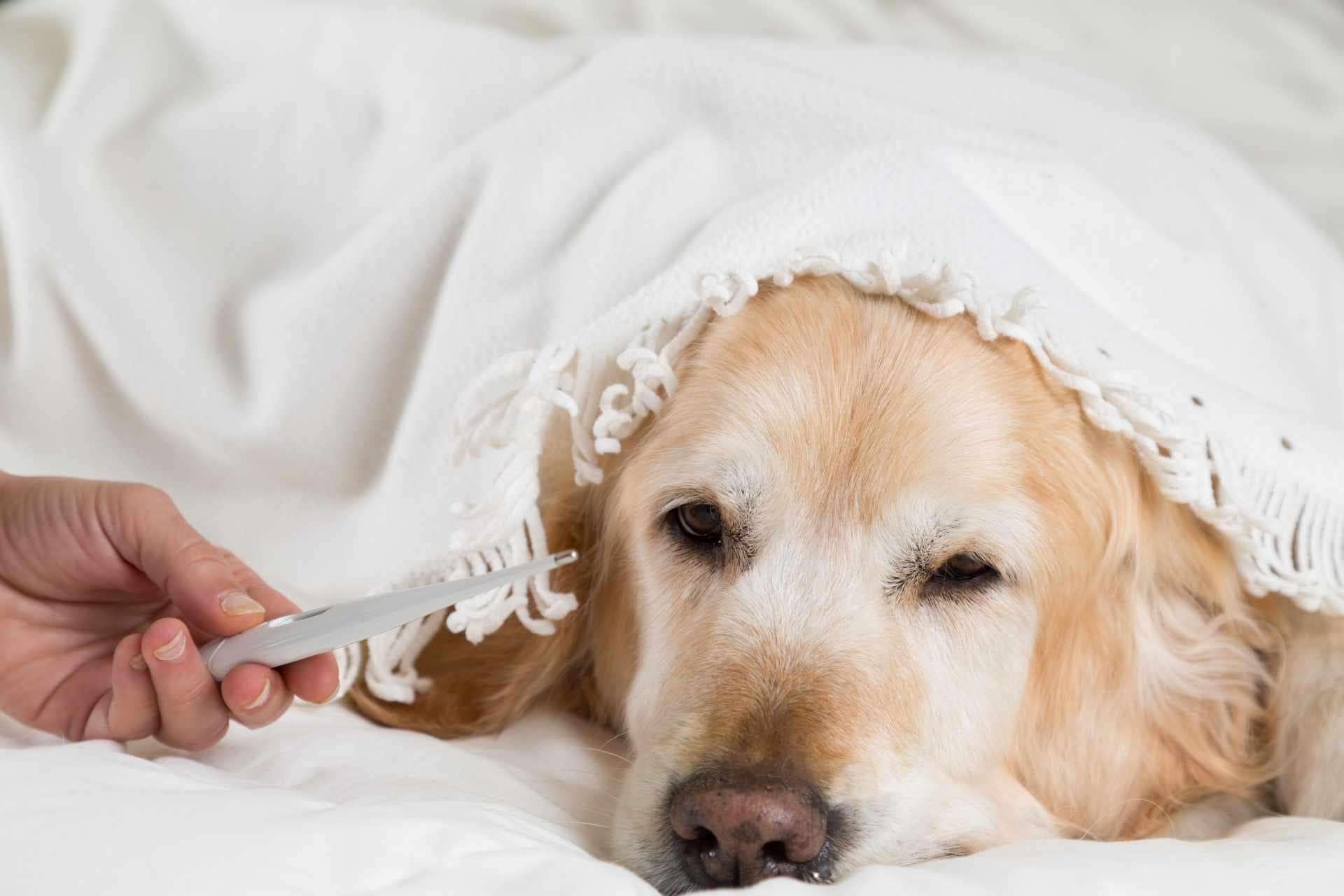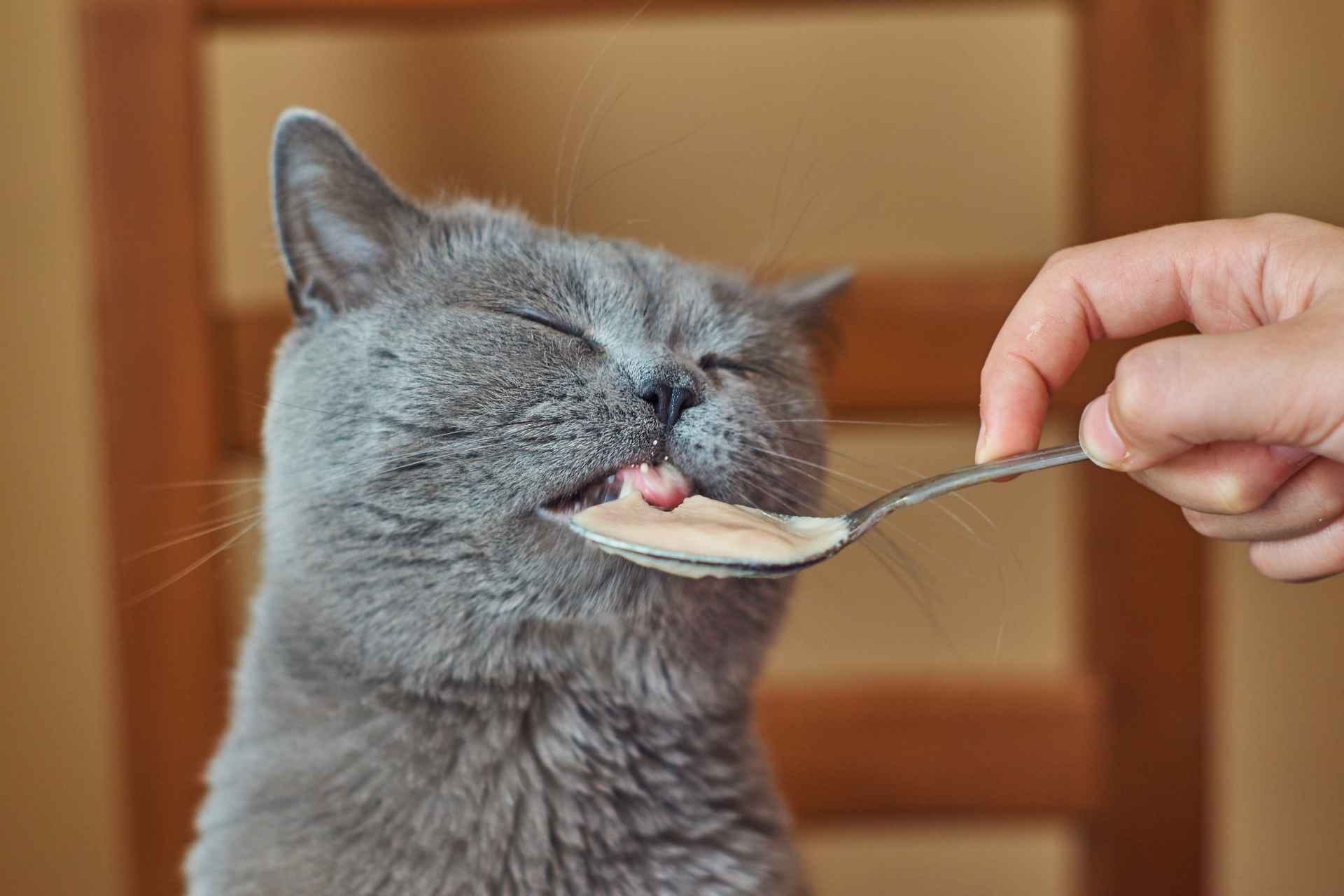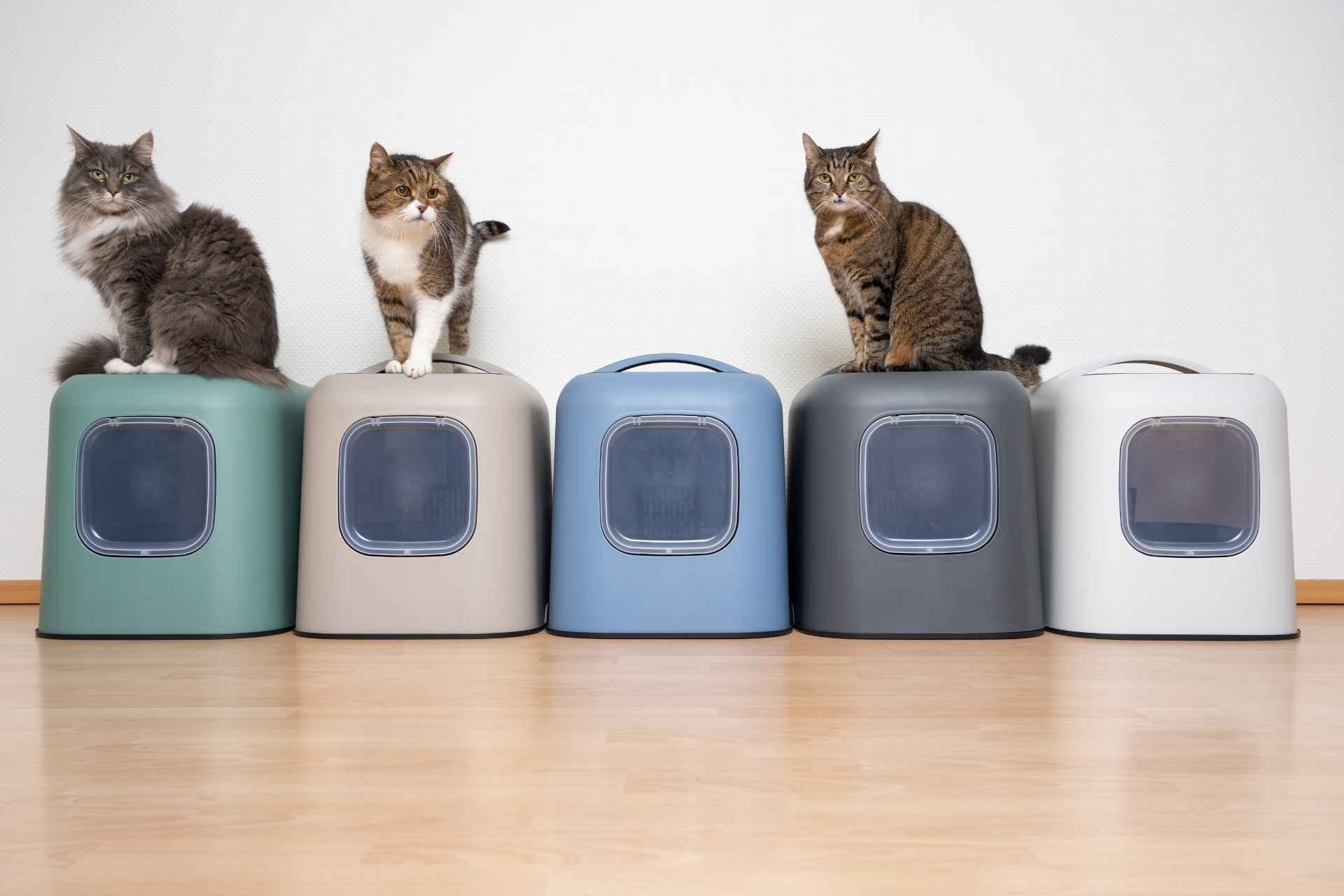Pet mice are adorable and low-maintenance companions that have gained popularity as pets. These tiny creatures bring joy and entertainment to many households. However, like any other living beings, mice are susceptible to various health issues that can affect their well-being. As a responsible mouse owner, it is essential to be aware of these common health issues in pet mice and take proactive measures to ensure the good health and longevity of your pet.
Contents
- Introduction
- General Care and Health Maintenance
- Respiratory Problems in Mice
- Gastrointestinal Disorders in Mice
- Skin and Fur Conditions in Mice
- Dental Problems in Mice
- Parasitic Infestations in Mice
- Tumors and Cancer in Mice
- Neurological Disorders in Mice
- Reproductive Health Concerns in Mice
- Mental and Behavioral Health in Mice
- First Aid and Emergency Care for Mice
- Regular Veterinary Check-ups and Health Monitoring
- Conclusion
- FAQs
Introduction
Overview of Pet Mice as Popular Pets
Pet mice, also known as fancy mice, are small rodents that have been domesticated for centuries. They are friendly, intelligent, and easy to care for, making them suitable pets for individuals and families alike. Mice come in a variety of colors and coat patterns, adding to their appeal as pets. Whether you’re a seasoned mouse owner or considering getting a mouse as a pet, understanding their common health issues is crucial for providing optimal care.
Importance of Understanding Common Health Issues
Being familiar with the common health problems in pet mice allows you to detect early signs of illness, seek appropriate veterinary care, and take preventive measures to keep your furry friend healthy. By proactively addressing health concerns, you can enhance the well-being and quality of life for your pet mouse.
General Care and Health Maintenance
Proper Housing and Environment
Providing a suitable living environment is vital for maintaining the health and well-being of your pet mouse. Opt for a spacious cage that allows your mouse to move around comfortably. The enclosure should have appropriate bedding material, such as aspen shavings or paper-based bedding, to ensure a clean and comfortable living space. Additionally, it’s important to maintain a consistent temperature and humidity level in the mouse’s habitat.
Balanced Diet and Nutrition
A well-balanced diet is essential for the overall health and vitality of your pet mouse. A high-quality commercial mouse food can serve as the staple diet, supplemented with fresh fruits, vegetables, and occasional treats. It is crucial to provide clean and fresh water at all times.
Regular Exercise and Mental Stimulation
Mice are active creatures that require regular exercise and mental stimulation to thrive. Provide an exercise wheel and a variety of toys to keep your mouse physically and mentally engaged. Allow supervised out-of-cage time for exploration in a safe and mouse-proofed environment.
Respiratory Problems in Mice
Common Causes of Respiratory Issues
Respiratory problems are prevalent in pet mice and can be caused by bacterial, viral, or fungal infections. Poor ventilation, overcrowded living conditions, exposure to drafts, and stress can contribute to respiratory issues in mice.
Symptoms and Signs to Look Out For
Monitor your pet mouse for signs of respiratory distress, such as labored breathing, sneezing, wheezing, nasal discharge, or lethargy. These symptoms may indicate an underlying respiratory problem that requires veterinary attention.
Treatment and Prevention Strategies
If you suspect your mouse has a respiratory issue, it’s crucial to consult a veterinarian who specializes in small animals. The vet may prescribe antibiotics, recommend environmental changes, or provide supportive care to alleviate the symptoms. Maintaining good ventilation and proper hygiene in the mouse’s habitat can help prevent respiratory problems.
Gastrointestinal Disorders in Mice
Dietary Considerations and Digestive Health
The digestive system of mice is sensitive, and inappropriate diet can lead to gastrointestinal disorders. Avoid feeding your mouse foods that are high in fat, sugar, or salt. Provide a diet rich in fiber and essential nutrients to promote healthy digestion.
Identifying and Managing Gastrointestinal Issues
Symptoms of gastrointestinal problems in mice may include diarrhea, bloating, loss of appetite, or weight loss. If you notice any of these signs, consult a veterinarian for a proper diagnosis and treatment plan.
Tips for Preventing Digestive Problems
Preventing gastrointestinal disorders in mice involves feeding a balanced diet, avoiding sudden changes in food, and providing clean water. Additionally, maintaining a clean and hygienic living environment can minimize the risk of digestive issues.
Skin and Fur Conditions in Mice
Common Skin Conditions and Parasites
Mice can develop various skin conditions, including mites, fungal infections, and allergies. These issues can cause itching, hair loss, redness, or scabs on the skin.
Recognizing Symptoms and Seeking Veterinary Care
Monitor your pet mouse for any signs of skin irritation or abnormal fur loss. If you observe persistent or worsening skin problems, consult a veterinarian to identify the underlying cause and determine appropriate treatment.
Promoting Healthy Skin and Coat
To maintain your mouse’s skin health, provide a clean and stress-free environment. Regularly inspect your mouse’s fur and skin, and promptly address any issues that arise. Ensure that the bedding and cage materials are hypoallergenic and free from irritants.
Dental Problems in Mice
Anatomy of Mouse Teeth and Potential Issues
Mice have continuously growing incisors, and dental problems can arise if their teeth become misaligned, overgrown, or injured. Malocclusion, or improper alignment of the teeth, is a common dental issue in mice.
Signs of Dental Problems and Oral Hygiene
Keep an eye out for signs such as difficulty eating, excessive drooling, weight loss, or visible abnormalities in the teeth. Regularly check your mouse’s teeth and provide appropriate chew toys to promote dental health.
Professional Dental Care and Prevention
If your mouse exhibits signs of dental issues, consult a veterinarian experienced in rodent dentistry. They can perform dental procedures to correct misalignments or trim overgrown teeth. Offering a diet rich in fibrous materials can also help prevent dental problems.
Parasitic Infestations in Mice
External Parasites and Their Impact
Mites and fleas can infest pet mice, leading to itching, hair loss, and skin irritation. These parasites can be transmitted from other animals or through contaminated bedding or surroundings.
Common Internal Parasites and Health Risks
Intestinal parasites, such as pinworms, can affect mice and compromise their health. Infected mice may show signs of weight loss, diarrhea, or poor appetite.
Treatment Options and Preventive Measures
Consult a veterinarian for diagnosis and appropriate treatment if you suspect your mouse has external or internal parasites. Regularly clean and sanitize the mouse’s enclosure, bedding, and accessories to minimize the risk of infestations.
Tumors and Cancer in Mice
Types of Tumors in Mice and Their Causes
Mice are prone to developing tumors, both benign and malignant. Mammary tumors, skin tumors, and tumors of the reproductive system are commonly observed in mice.
Detecting Tumors and Seeking Veterinary Advice
Regularly examine your mouse for any unusual lumps, bumps, or growths. If you discover any abnormalities, consult a veterinarian for a proper diagnosis and treatment plan.
Treatment Options and Supportive Care
The treatment of tumors in mice often involves surgical removal, if feasible, and supportive care to manage pain and ensure a good quality of life. Consult with a veterinarian experienced in rodent oncology to explore the available options.
Neurological Disorders in Mice
Genetic and Environmental Factors
Neurological disorders in mice can result from genetic predispositions or exposure to toxins or infections. Conditions such as seizures, balance disorders, or paralysis may occur.
Recognizing Signs of Neurological Issues
Observe your mouse for any abnormal behaviors, difficulty walking, tremors, or seizures. If you notice any concerning signs, consult a veterinarian to evaluate the neurological health of your pet mouse.
Managing Symptoms and Improving Quality of Life
While complete recovery from neurological disorders is challenging, supportive care and environmental modifications can help improve the mouse’s quality of life. Your veterinarian can recommend appropriate strategies based on the specific condition.
Reproductive Health Concerns in Mice
Understanding Mouse Reproductive Anatomy
Female mice can reproduce rapidly, and it’s important to understand their reproductive anatomy to prevent unintended pregnancies. Male mice should be housed separately to avoid aggressive behavior and territorial disputes.
Breeding Considerations and Potential Complications
Breeding mice requires careful planning and consideration. Uncontrolled breeding can lead to overcrowding, increased health risks, and challenges in finding suitable homes for offspring.
Preventive Measures and Responsible Breeding
If you intend to breed mice, consult with a knowledgeable breeder or veterinarian to ensure responsible breeding practices. Implementing appropriate breeding control measures and avoiding inbreeding can help prevent reproductive health issues.
Mental and Behavioral Health in Mice
Social Interaction and Environmental Enrichment
Mice are social animals that thrive in the company of their own kind. Ensure your mouse has companionship and engage in social interactions with them. Additionally, provide a stimulating environment with hiding places, tunnels, and toys to prevent boredom and encourage natural behaviors.
Common Behavioral Problems and Solutions
Mice may display behaviors like aggression, excessive chewing, or bar-biting when stressed or frustrated. Identifying the underlying cause and addressing it through environmental modifications and positive reinforcement can help alleviate behavioral problems.
Stress Management and Promoting Mental Well-being
Maintain a calm and stress-free environment for your pet mouse. Avoid sudden loud noises, handle them gently, and establish a routine that provides predictability and security. Mental stimulation through puzzle toys or treat-dispensing devices can also keep their minds active and healthy.
First Aid and Emergency Care for Mice
Common Emergencies and Initial Response
Accidents or health emergencies can occur unexpectedly. It’s important to be prepared and equipped to provide immediate first aid when necessary. Have a basic first aid kit and know how to handle common emergency situations.
Handling Injuries and Providing Immediate Care
In case of injuries, clean the affected area with a mild antiseptic solution and apply a clean bandage if needed. If the condition worsens or if you’re unsure about the severity of the injury, contact a veterinarian for further guidance.
When to Seek Veterinary Assistance
While some minor injuries can be managed at home, it’s crucial to know when to seek professional veterinary help. Any severe or persistent health issues, sudden changes in behavior, or accidents should be evaluated by a veterinarian to ensure appropriate care.
Regular Veterinary Check-ups and Health Monitoring
Importance of Routine Check-ups
Regular veterinary check-ups are crucial for the overall health and well-being of your pet mouse. These visits allow early detection of potential health issues and enable prompt intervention and treatment.
Monitoring Weight, Behavior, and Overall Health
Keep track of your mouse’s weight, behavior, and appetite on a regular basis. Any significant changes can indicate underlying health problems. Maintain a record and share it with your veterinarian during check-ups.
Establishing a Relationship with a Trusted Veterinarian
Find a veterinarian experienced in treating small animals, specifically mice. Establishing a relationship with a trusted vet ensures access to professional guidance, prompt medical attention, and specialized care when needed.
Conclusion
As a responsible mouse owner, being aware of common health issues in pet mice empowers you to provide the best possible care for your furry companion. By implementing preventive measures, addressing health concerns promptly, and maintaining regular veterinary check-ups, you can ensure the well-being and longevity of your beloved pet.
FAQs
1. Can I use wood shavings as bedding for my pet mouse? Answer: Wood shavings made from hardwood, such as aspen, are safe and commonly used as bedding for pet mice. Avoid using cedar or pine shavings, as they can release harmful aromatic compounds.
2. How often should I clean my mouse’s cage? Answer: Regular cleaning is essential to maintain a hygienic living environment for your pet mouse. Spot-clean the cage daily and perform a full cleaning at least once a week, replacing the bedding and sanitizing the cage and accessories.
3. Can mice be litter trained? Answer: Yes, mice can be litter trained to an extent. Place a small litter box with appropriate litter in one corner of the cage and encourage your mouse to use it. However, keep in mind that mice may still exhibit some scattered droppings around the cage.
4. Are pet mice prone to obesity? Answer: Yes, pet mice can become obese if not provided with a balanced diet and sufficient exercise. Avoid overfeeding and offer a variety of toys and opportunities for physical activity to prevent weight gain.
5. What is the average lifespan of a pet mouse? Answer: The average lifespan of a pet mouse is around 1.5 to 2.5 years. However, with proper care, some mice can live up to 3 years or even longer.
Remember to consult a veterinarian for specific advice and guidance regarding the health and well-being of your pet mouse.











